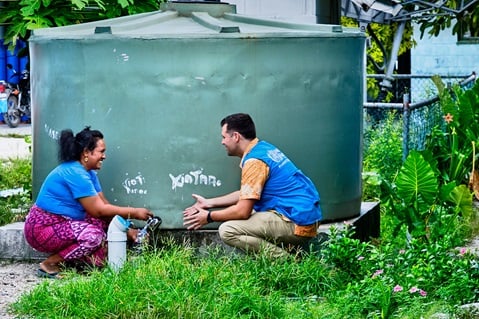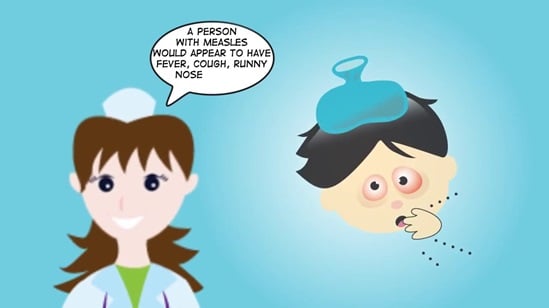
Japanese encephalitis in the Western Pacific
Japanese encephalitis (JE) is a mosquito-borne disease characterized by inflammation (swelling) of the brain. Most infections display mild symptoms, such as fever and headache, or without apparent symptoms at all. In severe cases, symptoms include rapid onset of high fever, headache, neck stiffness, disorientation, and sometimes seizures, paralysis and coma. JE is fatal in up to 30% of cases. Among survivors, up to 30-50% have long-term neurologic sequelae.
There is no specific treatment for JE. Severe illnesses are treated by supportive therapy to relieve symptoms and stabilize the patient. Safe and effective JE vaccines are available to prevent disease
Technical links






